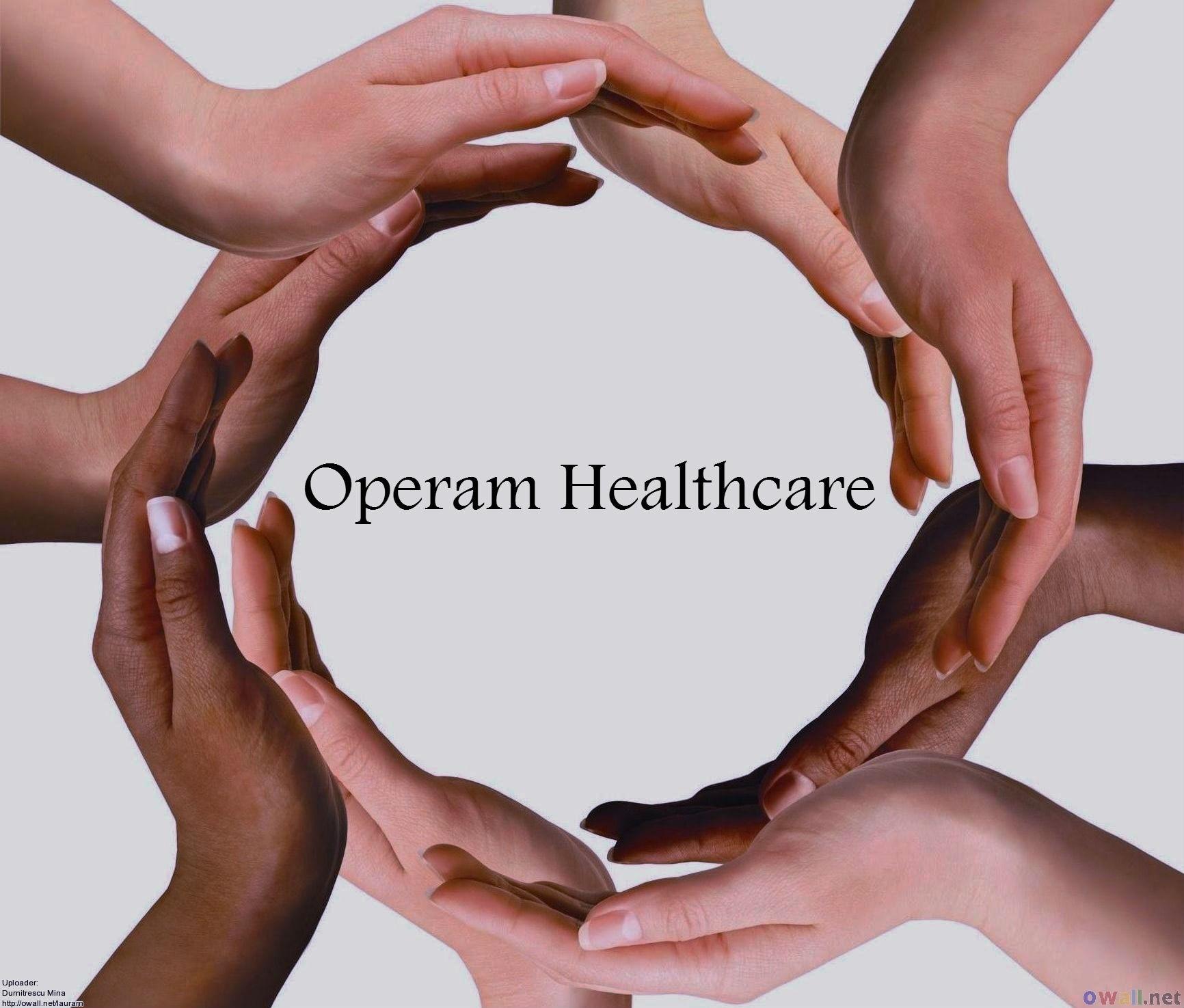The COVID 19 pandemic has put enormous pressure on the medical and scientific communities to find answers quickly. The behavior of doctors and scientists under stress reveals cracks that have always been present, but have now become gaping fissures.
We recently reviewed the way hydroxychloroquine illustrates Sir William Osler’s famous observation that “medicine is a science of uncertainty and an art of probability.” The recent retractions of two large observational studies by two widely-respected medical journals highlight the powerful wisdom of Osler’s missive.
Many physicians rely on the information they read in those medical journals. However, many don’t take the time to dissect every study. They rely on experts to do it, and follow guidelines created by those experts to help them make their medical decisions.
The hydroxychloroquine dust-up reveals how even experts may miss critical flaws in research methods. That’s why it’s so critical that you collaborate well with your doctors. You should ask the hard questions they may not have.
Careful review of the benefits, risks, alternatives and unknowns is the powerful tool to fully explore the science behind difficult decisions. Knowing how to ask hard questions about what the experts say will help assure that any medical decision will account for the uncertainty, and apply the probability in a way that respects your own goals and values.
We can help to educate, coach and advocate to help you better collaborate with your doctors. If you would like to learn more, call 203-692-4422, or email ajc@www.operamhealthcare.com.

Recent Comments